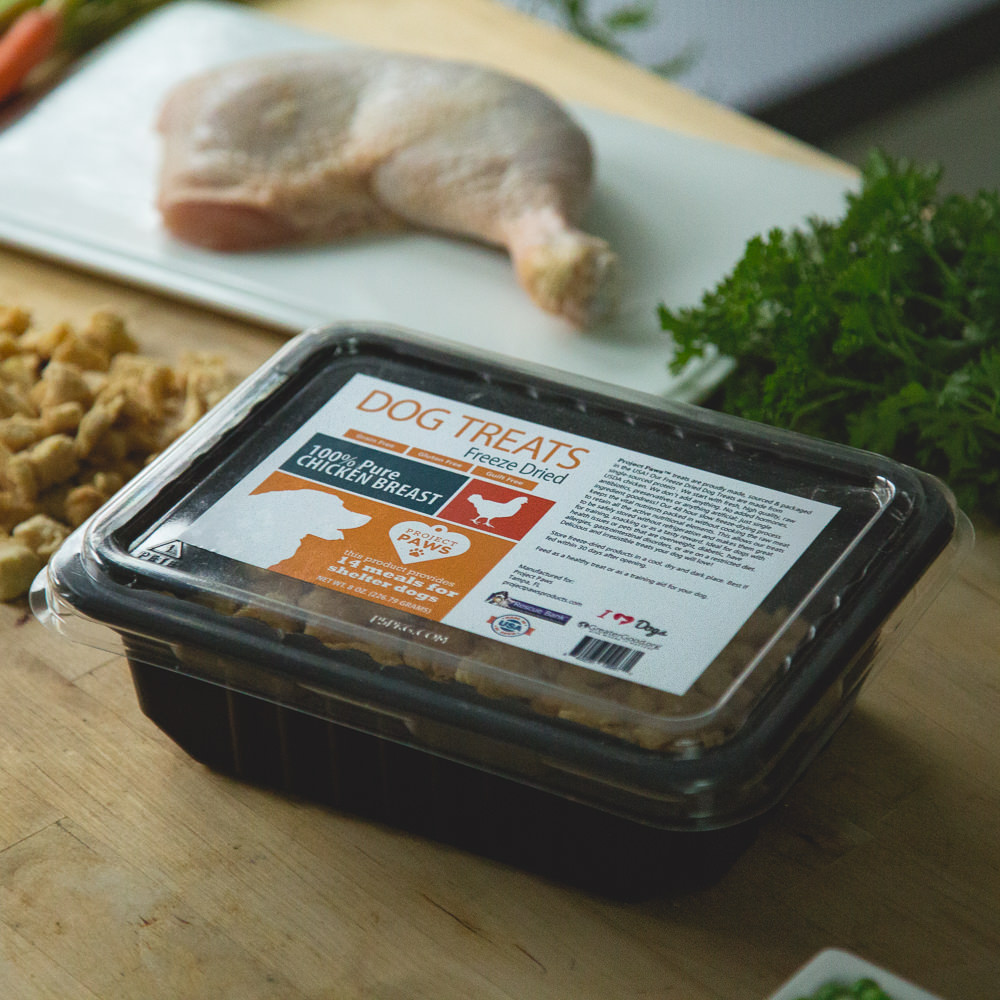Savvy marketing experts make their livings manipulating product descriptions to sound healthy, when often they are anything but. This trick is being used more and more in the pet industry.
Veterinarian Karen Becker of the website Mercola Healthy Pets expressed her concerns about the use of molasses in dog treats and its marketing as a “healthy sweetener” and “functional food.”

In Dr. Becker’s expert opinion, sugar is sugar whether you slap a fancy label on it or not. Molasses is produced through boiling sugarcane or sugar beets. In the case of sugarcane molasses, the boiling process reduces it to a dark, thick, bitter product that retains very little of its original sugar. You likely know it as the sticky baking ingredient, black strap molasses – or black treacle in the UK.
Black strap molasses contains vitamin B6, calcium, magnesium, iron, manganese and potassium. These added benefits make it what’s considered a “functional carbohydrate” and a great source of nutrition for humans and livestock. However, this is not the molasses that is added to your dog’s favorite treats.

When molasses is created from sugar beets the resulting substance is 50 percent sugar – mostly sucrose, but with a good deal of glucose and fructose, as well. Beet molasses does not meet the requirements for a human-grade food, so it’s often used in animal feed, including pet treats.
Beet molasses makes for an inexpensive sweetener, binder, dust suppressant and energy source for baked biscuit-style treats. It also makes a handy moisture-preserver in semi-moist and jerky-style treats. Polyol, or sugar-alcohol has long been used to preserve moisture in dog treats, so introducing molasses as a “natural” humectant could fool consumers into thinking they are purchasing a healthier treat than those using Polyol.

Statements like “Contains prebiotics to promote the growth of friendly bacteria in the digestive tract” and “Contains phytonutrients to help prevent disease” could be used to further muddy the waters for consumers. These are homeopathic medical claims made about some of the plant components in molasses, but they remain unproven.
The fact is, dogs have no need for added sugars in their diet, and sweetened treats drastically increase our pets’ risk for obesity, diabetes and cancer. Dr. Becker also warns to watch out for grain-based treats, unnecessary fillers, rendered animal byproducts, honey, chemicals, artificial preservatives and ingredients known to be allergenic.

Want a healthy and safe treat that your dogs will go crazy for? Try our new freeze dried healthy dog treats, available in beef liver and chicken breast. And remember, each purchase provides a meal to 14 hungry shelter pups!
H/T to Mercola Healthy Pets
These statements have not been evaluated by the Food and Drug Administration. This product is not intended to diagnose, treat, cure, or prevent any disease. The information on this website is not intended to replace a one-on-one relationship with a qualified healthcare professional.


 Toledo, United States.
Toledo, United States.
